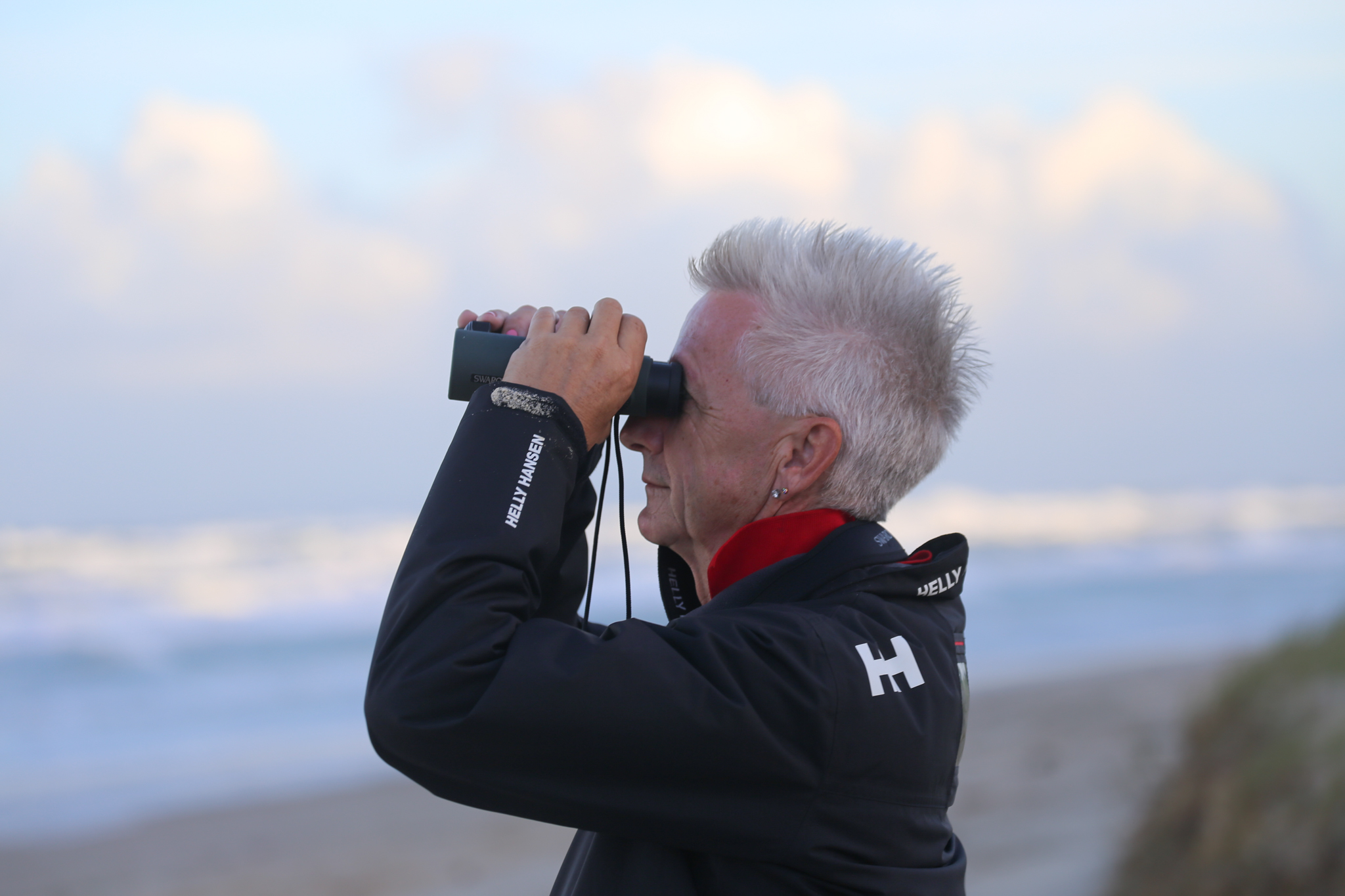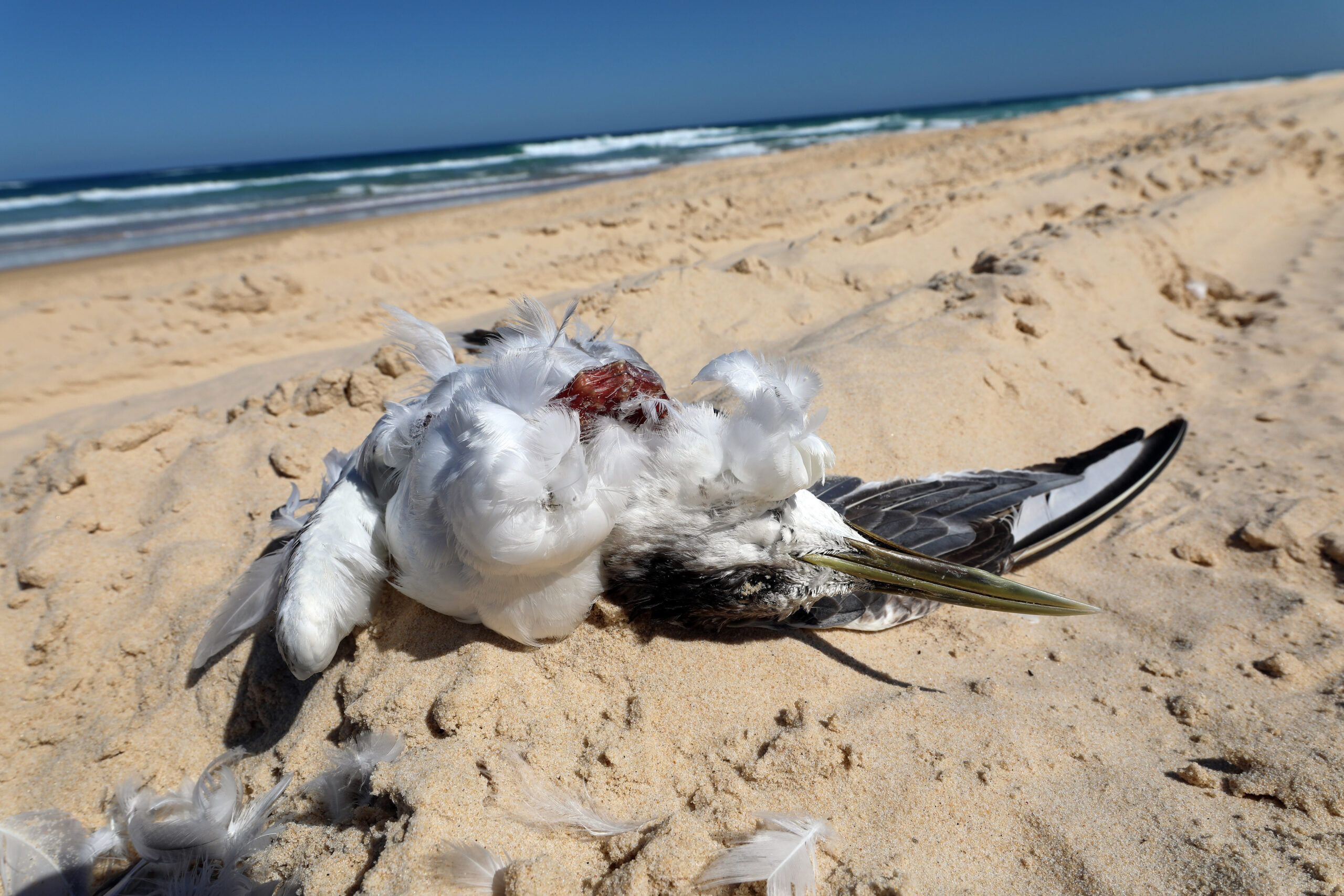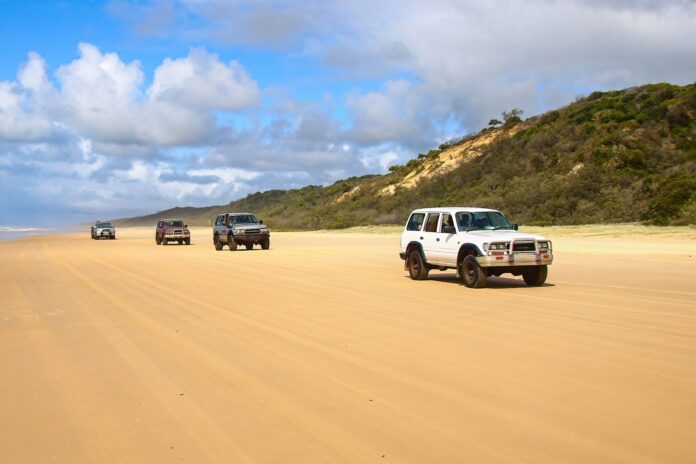A leading researcher has called for more conversations about the widespread use of four-wheel-drives on beaches after his study found the vehicles caused serious harm to birds.
UniSC professor of marine science Thomas Schlacher analysed research data from around the world and found widespread 4WD use is not compatible with long-term conservation.
“From an environmental perspective, there is no such thing as a low-impact beach drive,” Professor Schlacher said.
“Some of our national parks allow vehicles on 90 per cent of their drivable beaches.
“If these areas are meant to protect nature then we need to strike a better balance between vehicle-free beaches that safeguard nature and beaches that allow 4WD recreation.
“Globally, we found a significant decrease in the diversity, abundance, breeding success and hatching success of birds on beaches that allowed 4WDs.

“The most dramatic examples are from vehicles hitting birds or crushing their nests.
“Even the stress and disturbance caused by vehicles repeatedly coming close to birds can lead to breeding failures, incubation failures (from leaving the nest too often) or force birds to abandon habitats altogether.”
Related stories
- Police issue warning as beach driving footage emerges
- Group calls for mass changes at camping hotspot
- Plans to save ‘over-loved’ beach hotspot revealed
- Call to limit beach access after issues with drivers and rubbish
Some of the impacted birds identified in the study perform annual long-range flights that span the globe between the Arctic Circle and Australian beaches.
“These are some of the most spectacular migrations in nature. Birds need to build up large energy reserves for these herculean efforts and vehicle disturbance can cost them critical energy,” he said.
Do you have an opinion to share? Submit a Letter to the Editor at Sunshine Coast News via news@sunshinecoastnews.com.au. You must include your name and suburb.
Oystercatchers, gulls, terns and plovers were among the Australian shorebirds that were negatively affected, according to the research, but Professor Schlacher said beach traffic caused ecological harm across all levels of the ecosystem.
“Previous studies have found that 4WD use can destroy dune vegetation and crush invertebrates like clams, crabs and worms living under the sand,” he said.
“These small creatures are essential food for birds and fish life along our coastline, and vehicles can diminish these food webs.”

“Beaches are amazing ecosystems, but they’re more delicate than we sometimes care to admit.
“The majority of 4WD users on beaches do follow the rules and try to avoid causing deliberate harm.
“However, the research shows widespread 4WD use is not compatible with long-term conservation.”





